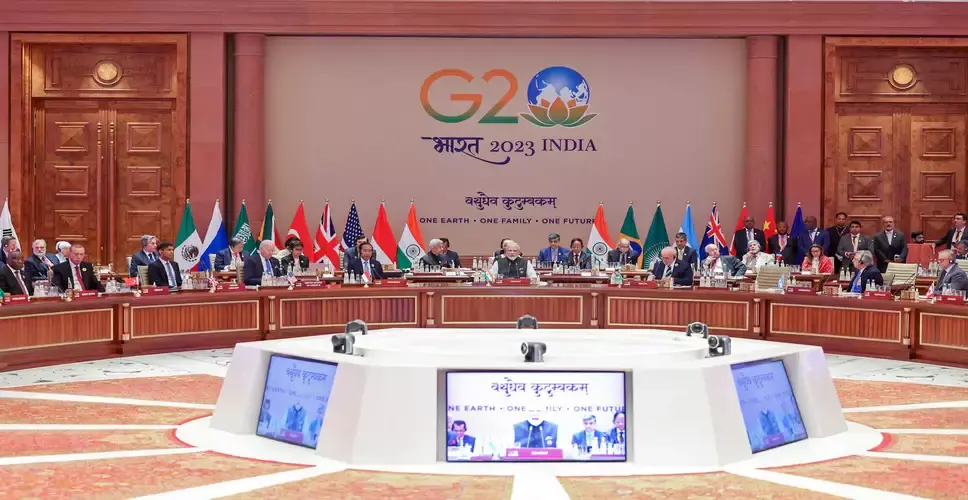G20 Declaration: Commitment to Inclusive, Quality Education with Emphasis on Technology and Lifelong Learning
In the latest G20 Declaration released on Saturday, member nations reiterated their unwavering commitment to providing “inclusive, equitable, and high-quality” education. Notably, the declaration takes a significant step forward by advocating the use of technology and artificial intelligence (AI) to enhance and ensure the widespread accessibility of education. The declaration strongly emphasized the use of digital technologies to bridge existing digital divides for all learners. It pledged support for educational institutions and teachers to help them stay updated with emerging trends and technological advancements, including AI. Additionally, the declaration highlighted the critical need for lifelong learning, with a particular focus on upskilling, reskilling, and skilling for vulnerable groups in society. This commitment to education is not new for the G20, as previous declarations have consistently stressed the importance of inclusive, equitable education and lifelong learning, with particular attention to marginalized communities. These declarations have also acknowledged the pivotal role that blended learning approaches played during the pandemic. Furthermore, the declaration underscored the significance of foundational learning, including literacy, numeracy, and socio-emotional skills, as the fundamental building blocks of education and employment. It reaffirmed member nations’ dedication to fostering increased collaboration among their educational institutions. The G20 Declaration also reaffirmed the commitment to promoting open, equitable, and secure scientific collaboration and encouraged the mobility of students, scholars, researchers, and scientists across research and higher education institutions. Moreover, member nations expressed their dedication to expanding access to high-quality technical and vocational education and training, recognizing its importance. Building on the previous declaration in Bali, the New Delhi declaration also addressed gender disparities in education, emphasizing the commitment to bridging this gap. It ensured equal access to affordable, inclusive, safe, and quality education at all levels, with a focus on women and girls, including those with disabilities, in STEM fields and emerging digital technologies.

